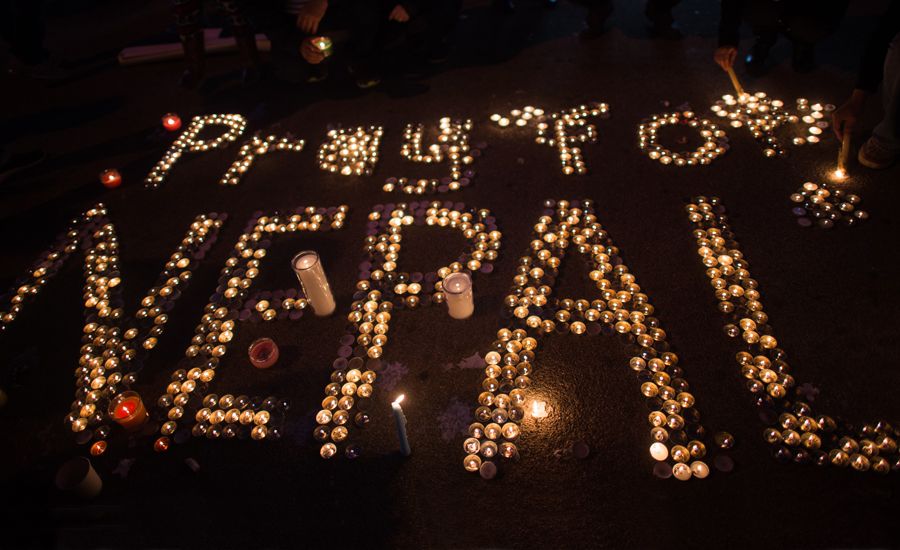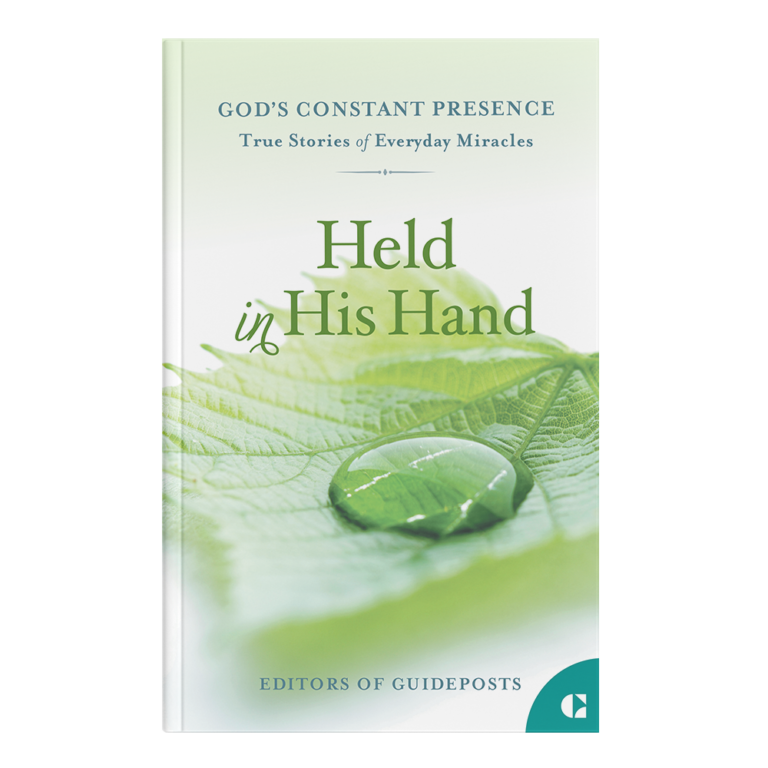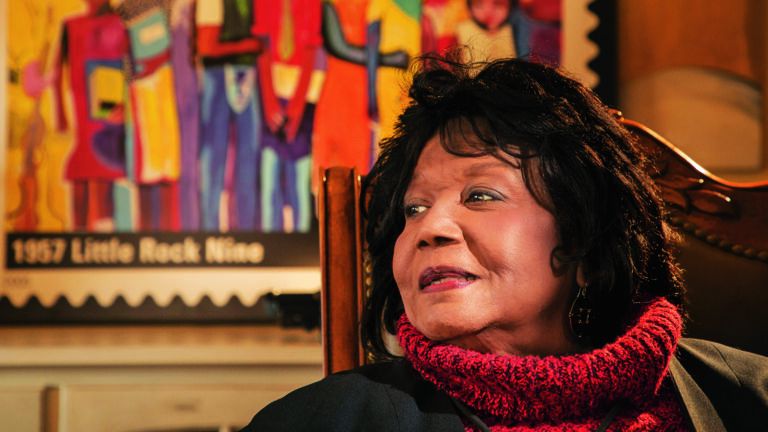It is unthinkable.
Last week, a 7.8-magnitude earthquake struck Nepal, the mountainous country between Tibet and India. The epicenter was devastatingly located midway between the capital, Kathmandu, and the nation’s second-largest city, Pokhara. Aftershocks magnified the damage and complicated rescue efforts. Thousands of people are known to have died including reports of fatalities in India, Bangladesh, Tibet and on Mount Everest.
The reports—including photos and video—coming out of the region defy description. The devastation and suffering are unimaginable.
What can a person say at such times, when words seem so inadequate? What should we pray when we don’t know what to pray? How can we possibly intercede for so many people, for such great need?
1) Be Silent
When there are no words that can express what is in your heart, you can still pray the prayer of silence. Silence often speaks louder than words ever do. Offer the prayer of silence for the victims of tragedy, the horrific situation that confronts a loved one or the worst-case-scenario you face. Let your silence speak. Let God say to you, in the words of Psalm 46:10, “Be still, and know that I am God.”
2) Groan
When disaster came crashing down upon Job, he said, “Sighing has become my daily food; my groans pour out like water” (Job 3:24, NIV). Sometimes the pain is so deep and the mind is so clouded that all the praying soul can summon is a groan.
At such times, however, we may recall that groaning is a prayer language of the Holy Spirit, according to Romans 8:26, which says, “The Spirit helps us in our weakness. We do not know what we ought to pray for, but the Spirit himself intercedes for us through wordless groans.”
3) Cry
Once, when the psalmist David was feeling trampled on and put-upon, he wrote a prayer song to God that includes the words, “You have kept count of my tossings; put my tears in your bottle” (Psalm 56:8, ESV). He saw his tears as prayers for God to count and collect. So may we.
When you read the news or watch an online video, let yourself cry, but don’t think your tears are shed for no purpose. Let them be a prayer. Trust God to scoop them up and put them in his bottle.
4) Lament
Almost a third of the Psalms in the Bible are (or include) prayers of lament—that is, complaints to God about the way things are. One of the reasons that praying the Psalms can be a helpful skill to cultivate is because it teaches us how to lament (see “How to Complain Prayerfully” for a whole post on the subject). Try it. Start with Psalm 10 or 80. Read it aloud slowly, several times. Substitute the cry of your heart for the psalmist’s cry.
5) Pray a “Breath Prayer”
A “breath prayer” is a short sentence or phrase that can be repeated in one breath and often prayed repeatedly (see “10 Breath Prayers”).
Sometimes when a situation takes your breath away like a kick in the gut, all you can muster is a prayer like the cry of Peter who, when he felt himself start to sink in the stormy Sea of Galilee, called out, “Lord, save me!” (Matthew 14:30, ESV).
That was sufficient, however, because the important thing is not the length or eloquence of the prayer, but the sufficiency of the One on whom we call. Often, “Lord, have mercy,” or even, “God!” is the prayer the moment requires.
6) Agree With Others’ Prayers
One reason (among many) I blog a daily prayer on www.oneprayeraday.com is that I hope others will pray with me. Thus, when I heard the news about the earthquake in Nepal, I wrote this prayer.
Often when we aren’t sure what to pray, a pastor or prayer partner can come alongside and say the very thing our hearts longed to pray. At other times, the written prayers in volumes like The Book of Common Prayer or John Baillie’s A Diary of Private Prayer can supply the words we lack.
Remember, too, that when you can find no words that express what is in your heart, “the Spirit intercedes for the saints according to the will of God” (Romans 8:27, ESV). You can trust the One who knows your heart to know your prayer, too.






